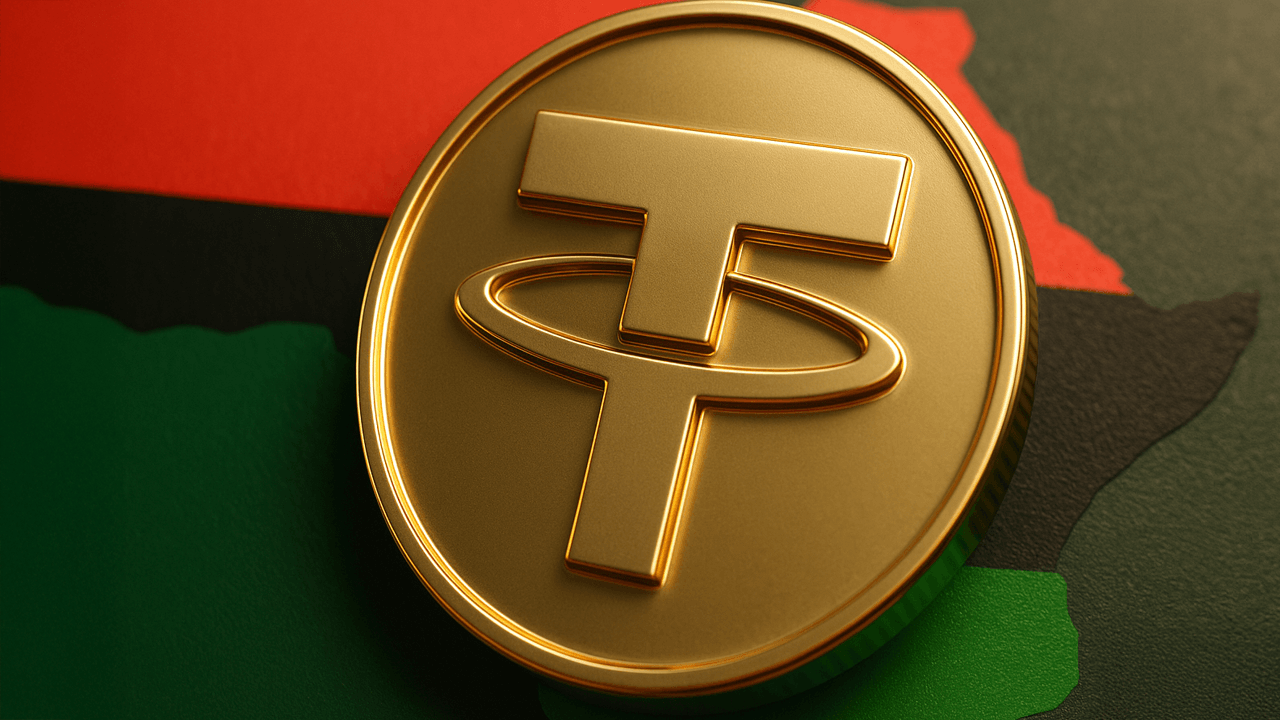The partnership between Tether and the Zanzibar eGovernment Authority (eGAZ) marks a pivotal moment in the evolution of digital finance in Africa. This collaboration is not just about introducing stablecoins to a new market; it represents a strategic effort to bridge the digital divide, foster financial inclusion, and drive sustainable economic growth. By examining the implications of this partnership, we can better understand its potential to transform the financial landscape in Zanzibar and beyond.
The Digital Divide in Africa: A Persistent Challenge
Africa’s financial landscape is characterized by a stark contrast between urban centers with robust financial infrastructure and rural areas where access to banking services is limited. According to the World Bank, approximately 66% of adults in Sub-Saharan Africa lack access to formal financial services. This exclusion disproportionately affects low-income individuals, women, and rural populations, perpetuating cycles of poverty and economic inequality.
The digital divide exacerbates this issue. While mobile phone penetration has surged across the continent, with over 50% of Africans owning a mobile device, internet connectivity remains uneven. In Zanzibar, for instance, while mobile money services like M-Pesa have gained traction, the adoption of more advanced digital financial tools is still in its infancy. This gap presents both a challenge and an opportunity for stakeholders like Tether, which aims to leverage blockchain technology to provide accessible and affordable financial solutions.
Tether’s Strategic Vision: Beyond Stablecoins
Tether’s entry into Zanzibar is part of a broader strategy to expand its influence in emerging markets, particularly in Africa. The company’s stablecoin, USD₮, offers a stable and efficient medium of exchange, making it an attractive option for regions with volatile local currencies. By partnering with eGAZ, Tether is not only introducing its stablecoin to Zanzibar but also investing in the region’s digital infrastructure and financial literacy.
The MoU outlines several key initiatives, including the establishment of educational programs to teach locals about blockchain technology and stablecoins. This focus on education is crucial, as it empowers individuals to participate in the digital economy confidently. Additionally, Tether’s commitment to regulatory compliance and transparency aligns with global best practices, ensuring that its operations in Zanzibar are sustainable and beneficial for all stakeholders.
The Role of Blockchain in Financial Inclusion
Blockchain technology has the potential to revolutionize financial services in Africa by providing secure, transparent, and decentralized solutions. Traditional banking systems often involve high transaction fees, lengthy processing times, and complex paperwork, which can be prohibitive for low-income individuals. Blockchain-based solutions, on the other hand, offer lower costs, faster transactions, and greater accessibility.
In Zanzibar, where remittances play a significant role in the local economy, blockchain technology can streamline cross-border payments. According to the World Bank, remittances to Sub-Saharan Africa amounted to $53 billion in 2022, with a significant portion sent to rural areas. By using stablecoins like USD₮, recipients can avoid the high fees and unfavorable exchange rates associated with traditional remittance services. This not only saves money but also ensures that more funds reach their intended recipients.
Moreover, blockchain technology can enhance financial transparency and accountability. In regions where corruption and mismanagement of funds are concerns, blockchain’s immutable ledger can provide a clear and auditable record of transactions. This can help build trust in financial institutions and encourage greater participation in the formal economy.
Overcoming Regulatory and Infrastructure Challenges
While the potential benefits of blockchain technology are immense, several challenges must be addressed to ensure its successful adoption in Zanzibar and other African markets. Regulatory clarity is one of the most significant hurdles. Many African governments are still developing frameworks for digital assets and blockchain technology, which can create uncertainty for investors and service providers.
Tether’s partnership with eGAZ is a step in the right direction, as it demonstrates a commitment to working with local authorities to establish clear and favorable regulations. By engaging with policymakers and providing educational resources, Tether can help create an environment that fosters innovation while protecting consumers.
Infrastructure is another critical factor. While mobile phone penetration is high, internet connectivity remains a challenge in many rural areas. To fully realize the benefits of blockchain technology, investments in digital infrastructure are essential. This includes expanding internet access, improving cybersecurity measures, and developing user-friendly interfaces for digital financial services.
The Path Forward: Sustainable and Inclusive Growth
The partnership between Tether and eGAZ is a promising development, but its success will depend on sustained efforts to address the challenges outlined above. Education, regulatory clarity, and infrastructure development are all crucial components of a successful digital finance ecosystem. By focusing on these areas, Tether and eGAZ can create a model that not only benefits Zanzibar but also serves as a blueprint for other African nations.
Furthermore, collaboration with local communities and stakeholders is essential. Digital financial services must be designed with the needs and preferences of the local population in mind. This includes offering multilingual support, providing accessible customer service, and ensuring that services are affordable and user-friendly.
In conclusion, Tether’s foray into Zanzibar represents a significant opportunity to bridge the digital divide and promote financial inclusion in Africa. By leveraging blockchain technology and stablecoins, this partnership has the potential to transform the financial landscape, empower local communities, and drive sustainable economic growth. As Africa continues to embrace the digital revolution, initiatives like this one will play a crucial role in creating a more inclusive and prosperous future for all.





